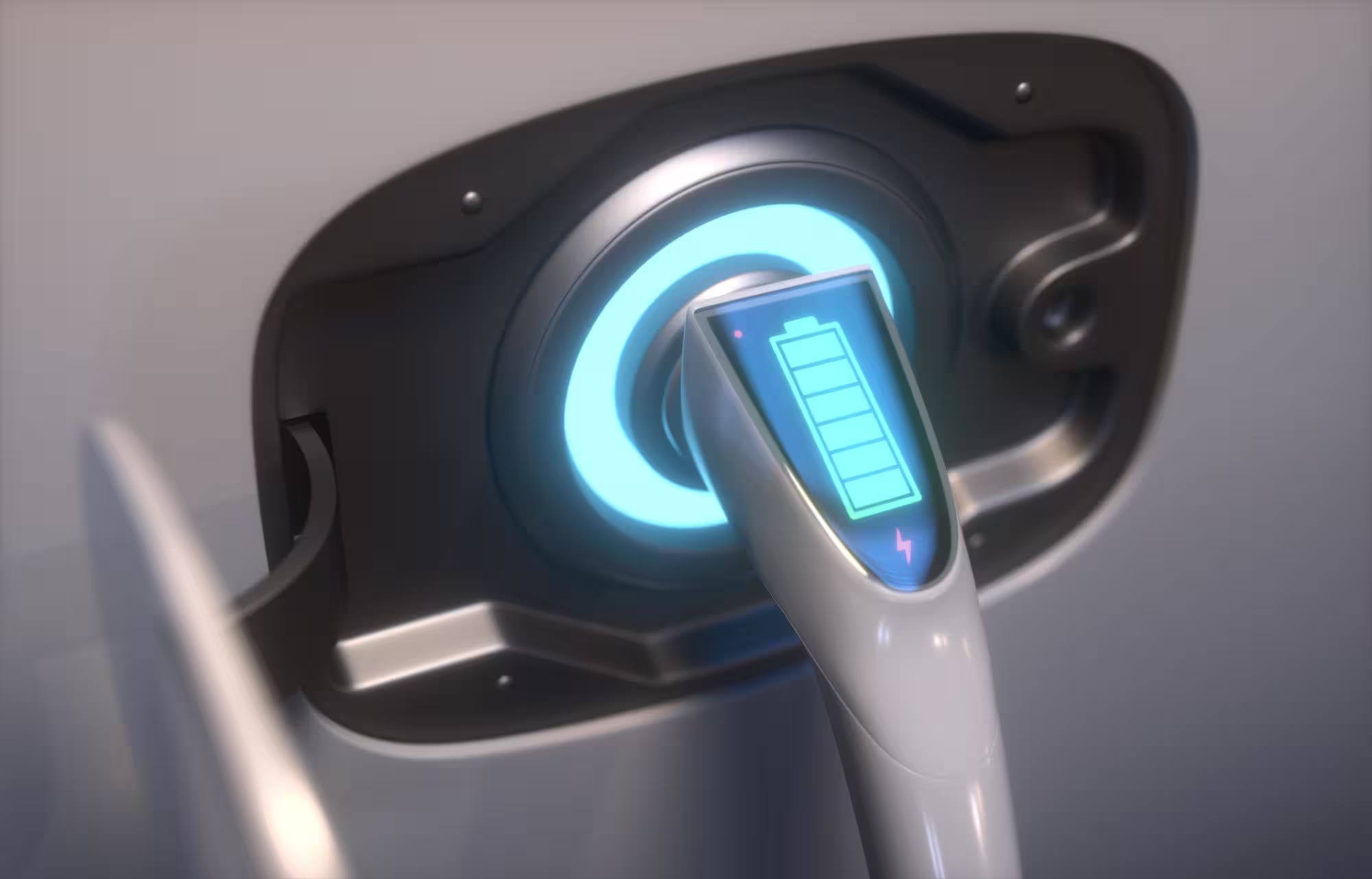Faraday Institution Degradation project: Extending Battery Life

Despite the recent reduction in the cost of lithium-ion batteries driven by mass manufacture, the widespread adoption of battery electric vehicles is still hindered by cost and durability, with the lifetimes of the batteries falling below consumer expectations for long-term applications such as transport. Additionally, fast charging of battery electric vehicles is crucial to help assuage range anxiety and provide the operational convenience required for mass adoption of the technology. Fast charging, however, can rapidly accelerate degradation and even trigger degradation mechanisms that are not present in ‘normal’ operating conditions.
Using a suite of advanced modelling and characterisation techniques, the project aims to understand the mechanisms of degradation of lithium-ion batteries containing high Ni-content NMC, cobalt-free cathodes and a range of anode chemistries from graphite, graphite/SiOx composites and anode-free. The project is examining how environmental and internal battery stresses (such as high temperatures, and charging and discharging rates) degrade electric vehicle (EV) batteries over time. Results will include the optimisation of battery materials and cells to extend battery life (and hence EV range) and reduce battery costs.
